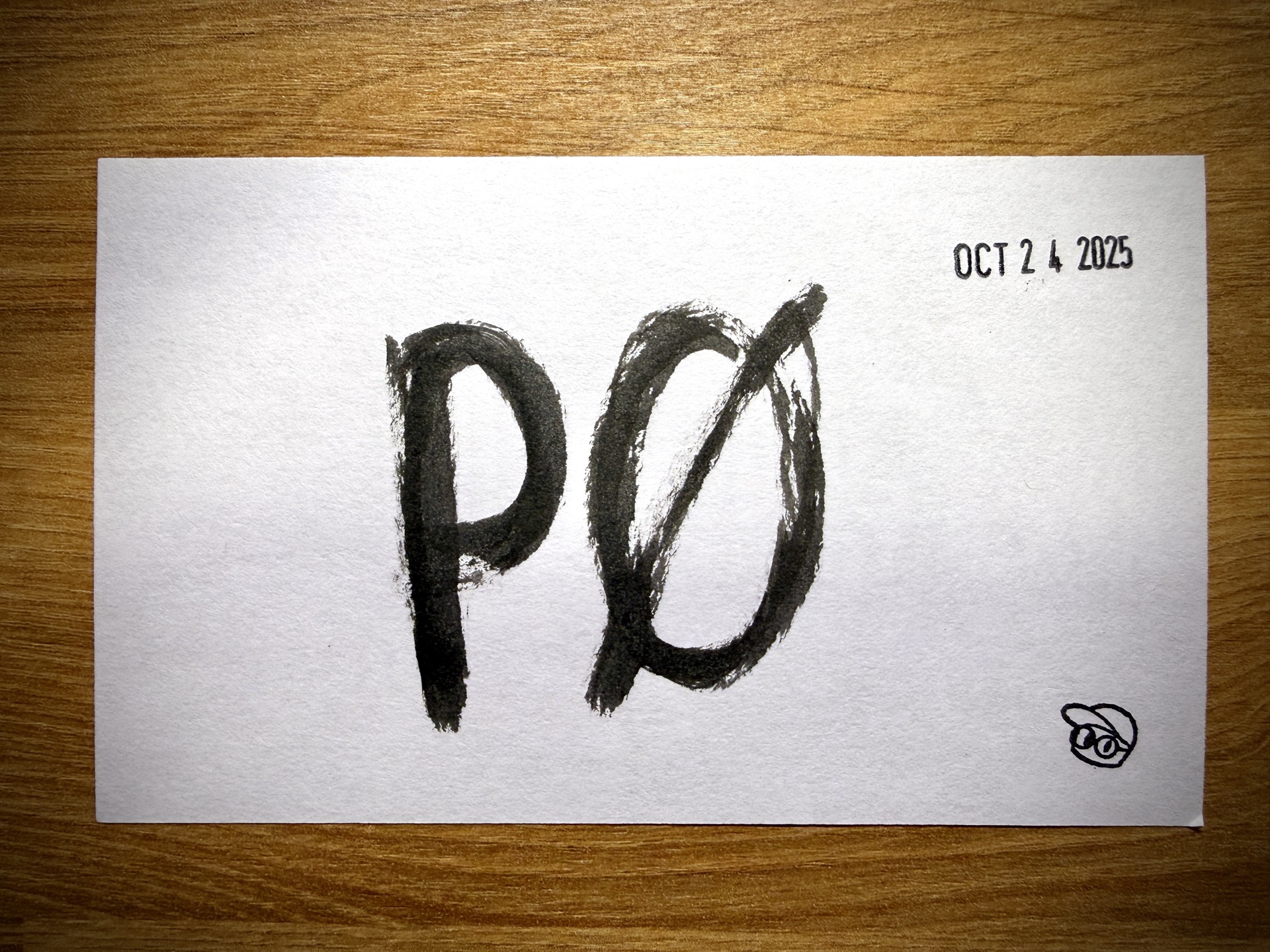You don’t always get to choose when the plan changes.
Sometimes the map just rips in half in your hands. And all you can do is stare at it and whisper,
“Well... I guess we’re not going that way anymore.”
That’s what a real P0 feels like. Not a neat JIRA status. Not a clean Asana tag. It’s the thing that crashes through the ceiling mid-standup and demands everything from you.
Your attention. Your calm. Your credibility.
Right. Now.
Numbers
In software, we rank priorities with numbers. P0. P1. P2. The lower the number, the higher the heat.
P0 means everything else can wait—this is the thing. But priorities shift. New problems spawn out of nowhere. Suddenly, that P0 you were rallying around last week? It’s now a P2. Downgraded. Or forgotten entirely.
And when everything becomes urgent—Nothing is.
You get pushback.
“You can’t make everything a P0. Do we introduce P00 now?”
The system starts to break. But underneath it is a more human question:
How do you know what the most important thing is—right now? And once it changes… How do you trust that it ever mattered?
“P0” isn’t a label.
It’s a test. A gut-check on your leadership. A mirror to your clarity. A heat lamp for your panic threshold.
The Code
When plans change, it can feel like failure. Like you weren’t prepared. Like you’re making it all up.
But the truth is...
You are! You literally are making it up.
That’s the job.
Plans are fluid. They have to be.
Like a famous fictitious pirate captain once said:
“The code is more what you’d call ‘guidelines’ than actual rules.” — Captain Barbossa, Pirates of the Caribbean
(Yes, that Barbossa. Yes, it still applies.)
Fluidity lets you bend. It helps you move forward when everything else feels frozen. But it comes at a cost. Everything has a cost.
Shifting gears takes time. Stopping mid-stream takes energy. And making the call—this new thing is now the capital "T" Thing—takes courage.
Because what if it’s wrong? What if this isn’t the priority that saves us?
As decision makers, as leaders... That's our burden to bear.
You don’t just move the team. You absorb the anxiety of changing course. You carry the cost of being wrong.
This isn’t about OKRs. This isn’t about Jira labels.
This is about what it costs to pivot with people watching. The willingness to shift. Publicly. Without a script.
Game On
I think about it like a card game.
You’ve built a hand. You’ve planned five moves ahead. You’re feeling great. Calm. Maybe even clever. And then… Out of nowhere, your opponent slaps down something unexpected. A total game changer.
Suddenly, your brilliant plan feels useless. The cards in your hand? Worthless. So what do you do?
You adapt. You move.
Play by play. Turn by turn. Card by card.
You recalibrate after every move. You stay in the game.
Not because it’s ideal. Not because it’s fair. But because the game doesn’t stop just because you lost your combo.
You do it calmly. With eye contact. And knowing they’re watching to see if you flinch.
Smoke Signals
When I lead projects, I try to operate the same way.
I don’t wait for updates—I seek them. I scan the overworld map. I listen for signals. I (try to) feel for where the fires might be.
Noticing when morale drops 2%. Hearing the edge in someone’s “yeah, all good”. Spotting the delay in a commit timeline before it lands in Slack?
It’s intuition and map-reading and emotional telemetry all blended into one sweaty sense of:
“Something’s about to go sideways...”
By the time we hit stand-up, I usually know the shape of what’s coming. I just need confirmation and a bit more detail.
And sometimes... Something unexpected lands. Crashes. Out of no where. A true "P double zero". The decision you didn’t plan to make. An event your plan could not foresee.
Fire
And in that moment—What you’ve built matters more than what you planned.
If your team trusts you. If they’ve seen you shift gears without panic. If they know this isn’t the end—just the next turn.
You shift. You adapt.
You play the next card. And the next one. And the one after that. You play through the fog. Through the fire. Through the part where the now old plan breaks and a new plan is born.
Plans are scaffolding. Not scripture. Stability comes from the adjustment, not the agenda.
Another
There will always be another P0. Another curveball. Another reason to panic and pivot.
The question isn’t just what’s the most important thing to do right now.
It’s: Can you move with clarity when the board changes? Can you stay steady when the plan crumbles? Can you bring others with you when there’s no time to explain?
Leadership isn’t about sticking to the plan at all costs. It’s about knowing when to fold the plan, still hold the team.
So yeah.
Turns out, Barbossa was right. Plans...
They’re more like guidelines anyway.
